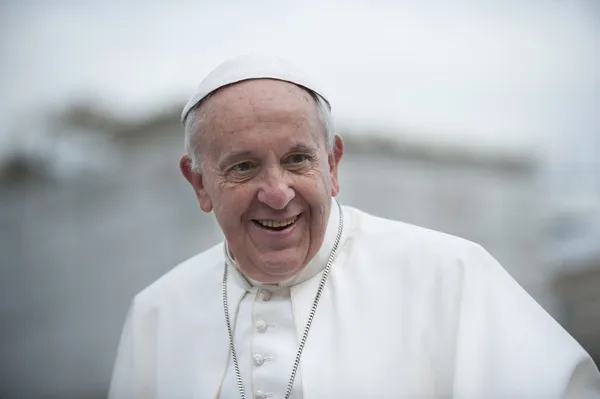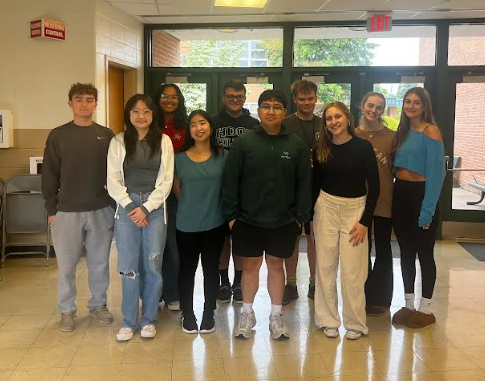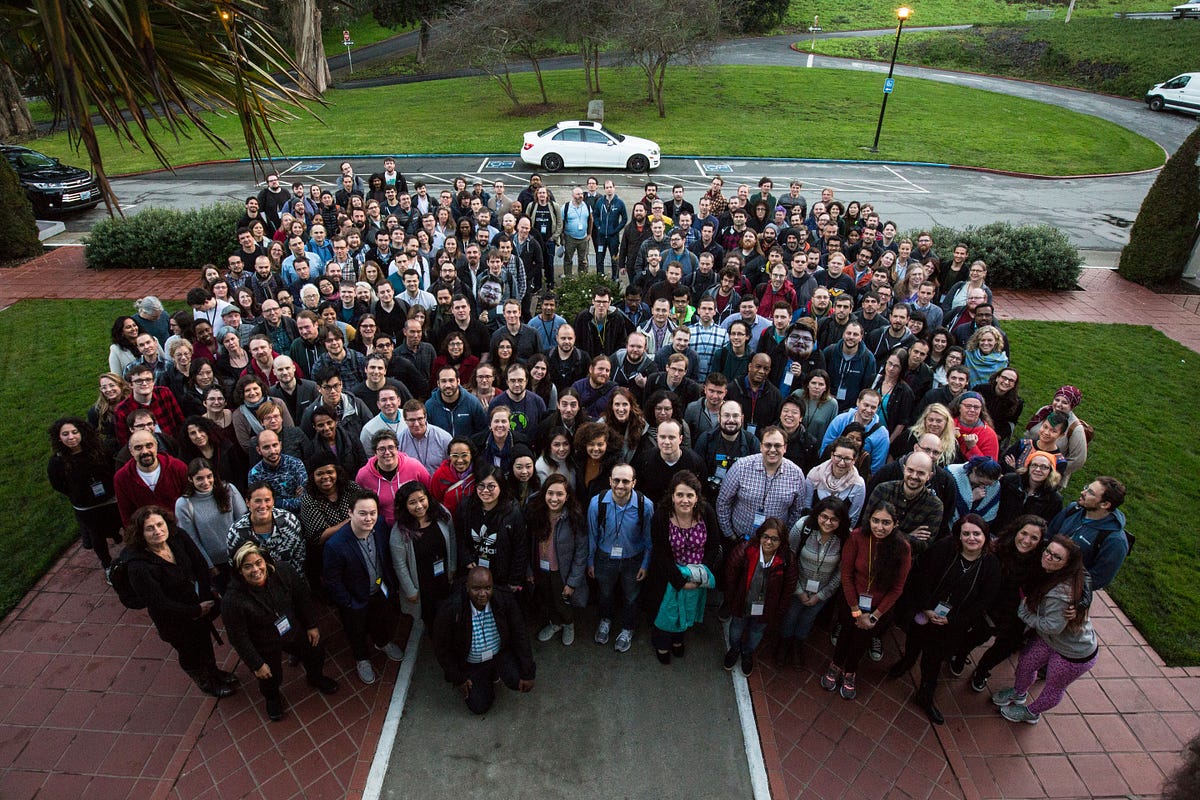In his inaugural address on Jan. 20, 2025, Donald Trump told the nation of his plan to carry out the largest mass deportation operation in history. However, the constitutionality of this process has been questioned, leading to many subsequent court cases regarding deportation.
One of these cases, the case of Kilmar Abrego Garcia, has received a lot of national attention. On Mar. 15, Abrego Garcia was arrested in Md. and sent to a “terrorism confinement center” in El Salvador. However, in 2019, an immigration judge ordered that Abrego Garcia’s removal to El Salvador was prohibited, due to a “clear probability of future persecution”. In the hearings leading up to this ruling, the U.S. government stated that Abrego Garcia was a member of the gang MS-13 because “he was wearing a Chicago Bulls hat and a hoodie with rolls of money covering the eyes, ears, and mouth of the presidents” when he was arrested. They alleged that these clothes were “indicative of the Hispanic gang culture,” as MS-13 had previously used the Chicago Bulls logo as a gang symbol.
In 2021, his wife, Vasquez Sura, filed a protective order against him, claiming that he had physically attacked her on multiple occasions. Later, the application was dismissed, as Sura didn’t show up for the hearing, saying that they “were able to work through this situation privately as a family,” and that she “acted out of caution”. However, in Apr. 2025, after his deportation, she said she filed the application due to her previous experience surviving domestic violence and that Abrego Garcia was always a “loving partner and father”.
Throughout his 2024 presidential campaign, Donald Trump had pledged that, if elected, he would begin the largest mass deportation in U.S. history, saying he would deport over 10 million people. To facilitate these arrests, the Trump administration removed a rule protecting migrants in sensitive areas such as schools, churches and hospitals. They also removed migrants temporarily admitted by the Biden administration. In January, following his inauguration, Trump signed an executive order designating transnational gangs such as Tren de Aragua and MS-13 as foreign terrorist organizations. In a deal with Salvadoran president Nayib Bukele, El Salvador agreed to imprison deportees in CECOT in exchange for $6 million per year.
To justify his actions, Trump invoked the Alien Enemies Act of 1798, which gives him the power to arrest and deport citizens of nations the US is at war with. However, his invocation of the Act has been met with much backlash because we are not at war. In the court case J.G.G. v. Trump, the judge ordered the administration to pause deportations under the Alien Enemies Act since the US isn’t at war, ordering any flights to be canceled or turned around. In response, the Trump administration claimed it was out of their jurisdiction, as the planes were already over international waters.
The Trump administration has also received accusations that the deportations are unconstitutional. In the Fifth Amendment, there is a clause prohibiting the deprivation of “life, liberty, or property, without due process of law”. Although this clause is limited in cases of immigration law, the government is still required to give people proper notice and an opportunity to be heard in court. Many people opposed to the deportations say that the people who’ve been deported must be brought back and have a trial to determine whether they should be deported because of this.
On Mar. 15, the Trump administration sent three planeloads of deportees, including Kilmar Abrego Garcia, to CECOT, alleging that they were members of criminal organizations. However, an investigation by Bloomberg found that around 90 percent of the people on the planes had no US criminal record. Since being transferred to CECOT, the US courts haven’t convicted or charged Abrego Garcia with a crime.
On Mar. 24, Abrego Garcia’s wife sued the United States, with her attorneys seeking court intervention to compel the federal government to facilitate Abrego Garcia’s return. Here, the administration acknowledged that the deportation was an administrative error. On Apr. 4, Judge Paula Xinis ruled that the deportation was illegal and that the administration must ensure Abrego Garcia’s return no later than Apr. 7.
On Apr. 5, the Department of Justice appealed the ruling to the U.S. Court of Appeals for the Fourth Circuit. On Apr. 7, the panel of judges at the Fourth Circuit denied the appeal. Following the denial of the appeal, the Trump administration filed an emergency appeal to the Supreme Court.
On Apr. 10, the Supreme Court released a unanimous decision in the court case, Noem v. Abrego Garcia, saying that due to Abrego Garcia’s withholding order forbidding his removal to El Salvador, his “removal was therefore illegal.” Justices Sotomayor, Kagan, and Jackson added that “the government’s argument… implies that it could deport and incarcerate any person, including U.S. citizens, without legal consequence, so long as it does so before a court can intervene.”
In a meeting on Apr. 14, Trump and Bukele met in the White House. When asked by reporters if he would return Abrego Garcia, Bukele called the question “absurd” and referred to Abrego Garcia as a “terrorist.” Following the meeting, Senator Chris Van Hollen of Md. travelled to El Salvador to meet with Abrego Garcia. Van Hollen met in his hotel with Abrego Garcia on Apr. 17. During the meeting, Abrego Garcia described his time at CECOT as “traumatizing” and said he was transferred to another facility on Apr. 9.
The week after Senator Van Hollen’s trip, four Democrats from the House of Representatives‒ Yassamin Ansari, Maxine Dexter, Maxwell Frost, and Robert Garcia‒ went to El Salvador to meet with Abrego Garcia. Representative Ansari said that the visit wasn’t just about Abrego Garcia, but also “the future of our democracy” and due process. Ansari’s worries are also shared by many U.S. judges, who say that Trump’s deportation policy could lead to the deportation of lawful citizens.
With Abrego Garcia’s deportation being a clear violation of the Constitution, all eyes are on the Trump administration to see whether they bring him back to his family and friends or continue to defy the Supreme Court’s order.





















